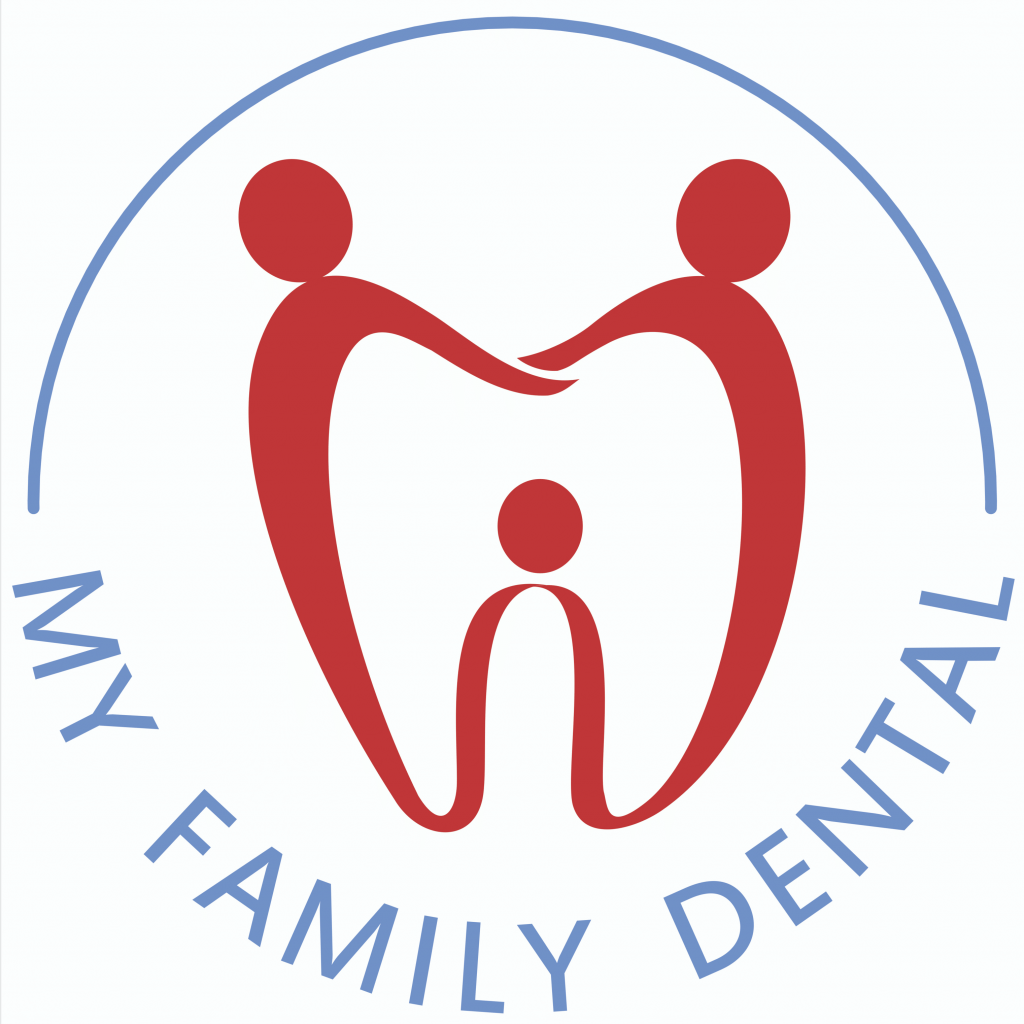Accidents are always unpredictable, and we never plan to injure ourselves. Many don’t realise our dental issues can become significant if we leave them untreated. In case of a dental issue, the dentist is the first person to contact, but if we are dealing with a dental issue on the weekend or in the middle of the night, we may likely need an emergency dentist. It is crucial to identify that we have a dental emergency.
Understanding the difference between a normal dental issue that we can deal with in the morning and a dental emergency that can threaten our health or even cost a tooth is essential. Let’s find out more about dental emergencies and how to avoid them.
What is a Dental Emergency?
These days, dental emergencies have become quite common, and millions have experienced oral and dental pain. A dental emergency is a problem that requires immediate dental treatment to alleviate serious pain, save the tooth or stop bleeding. Other than that, any infections that become life-threatening are also considered dental emergencies.
Not every problem can be a dental emergency. To determine whether you need to wait or visit an emergency dentist, consider things like tooth infection, severe pain, tooth loss, or mouth bleeding. When you visit the emergency dentist, he will describe all the details regarding the entire process.
What are the Common Dental Emergencies?
- Toothache
If you are having dental pain, it is never a good sign. It indicates different conditions, which include tooth decay. Although it is possible to manage toothaches without emergency treatment, symptoms like swelling may need more attention. Therefore, it is better not to go towards the common remedies, and you should call emergency dental care.
- Lost Crown or Filling
A dental filling or a crown restores a damaged tooth for optimal function and appearance. So, when filling breaks, you need emergency treatment to avoid any reinfection or damage.
- Bleeding After Tooth Extraction
When you have a tooth extraction, it’s normal to have bleeding or pain for a few minutes. If the pain persists after an hour, you may consider it a dental emergency. When this happens, you can place a thick gauze pad over the extraction site and apply pressure by biting the gauze until you reach your dentist.
- Broken or Chipped Tooth
Biting something too hard can make your tooth chip or break. It not only ruins your smile, but it can also be painful. Such a condition is also part of a dental emergency, and you must quickly contact and visit the dentist.
How to Avoid a Dental Emergency?
It’s never difficult to avoid a dental emergency; the best way is to take good care of the teeth and gums. Doing this regularly and having checkups and cleanings with your dentist on time would be best. Remember that during routine visits, the dentist will check if you have any loose fillings or crowns. He will also look for signs of decay, gum disease, or an infection.
Another great option is that your dentist will make a customised treatment plan for you to address any issues before they turn into an emergency. When you understand the meaning of a dental emergency, you can listen to the condition of your body and look for any symptoms that may develop into a dental emergency.
Emergency Dental Clinic in Townsville, QLD, Australia
It is a fact that a dental emergency can come out of nowhere, and it can never be easy to know the next steps. If you need a dental emergency, you can always trust that your teeth are in good hands at My Family Dental QLD. Our skilled emergency dentists will provide an assessment to walk you through the starting steps and different treatment options.
If you want to know more about emergency dental services, contact us today by calling or scheduling an appointment!



